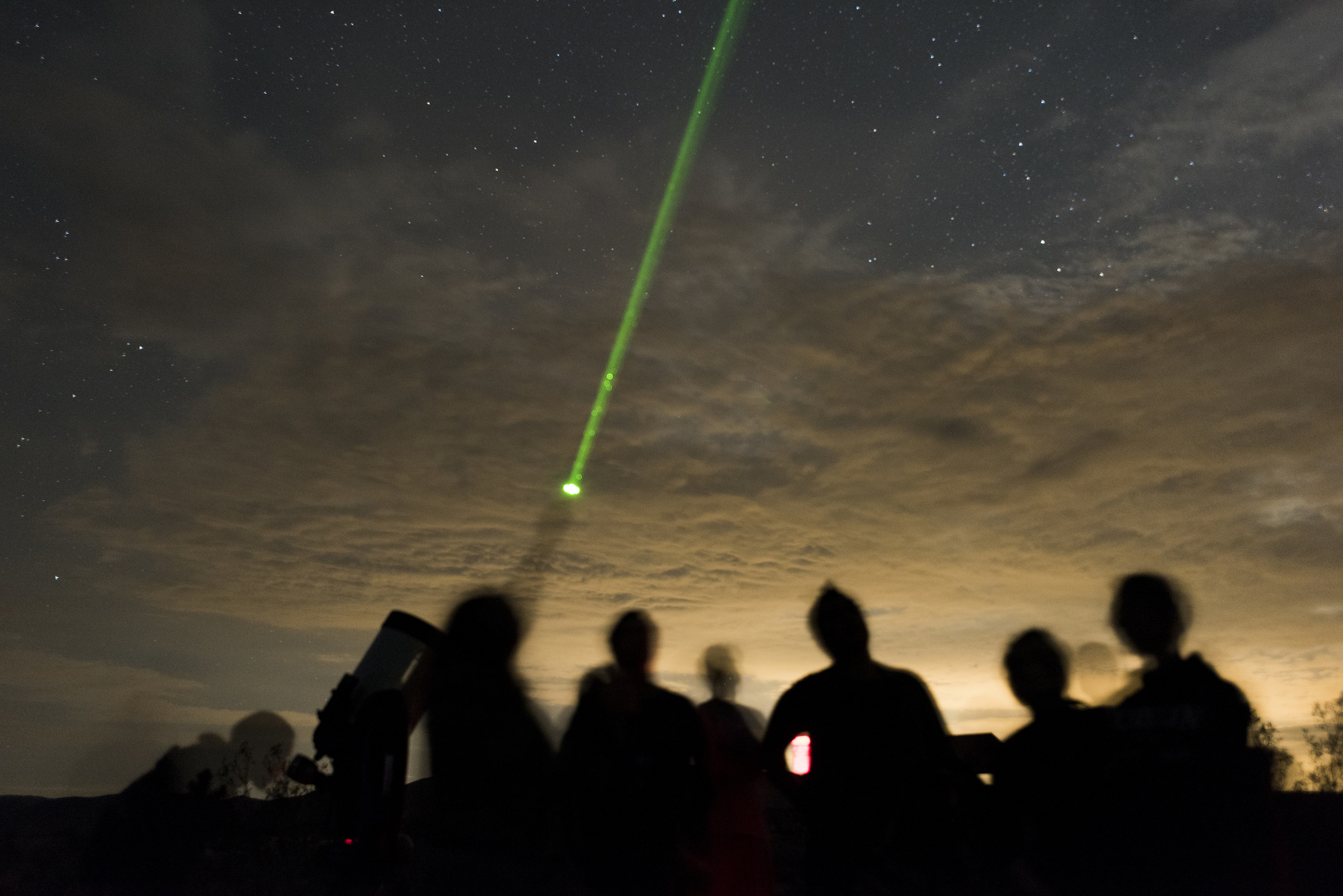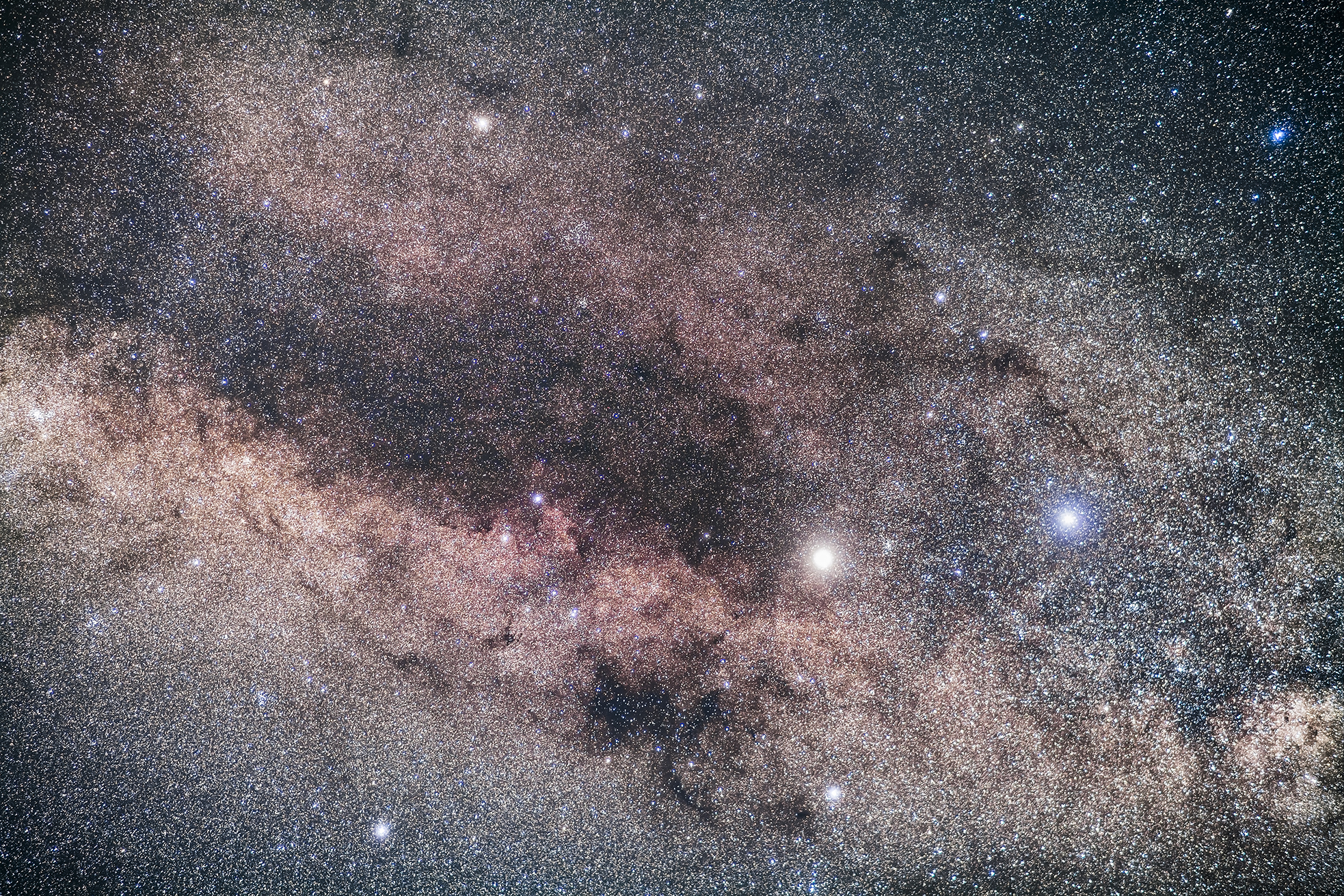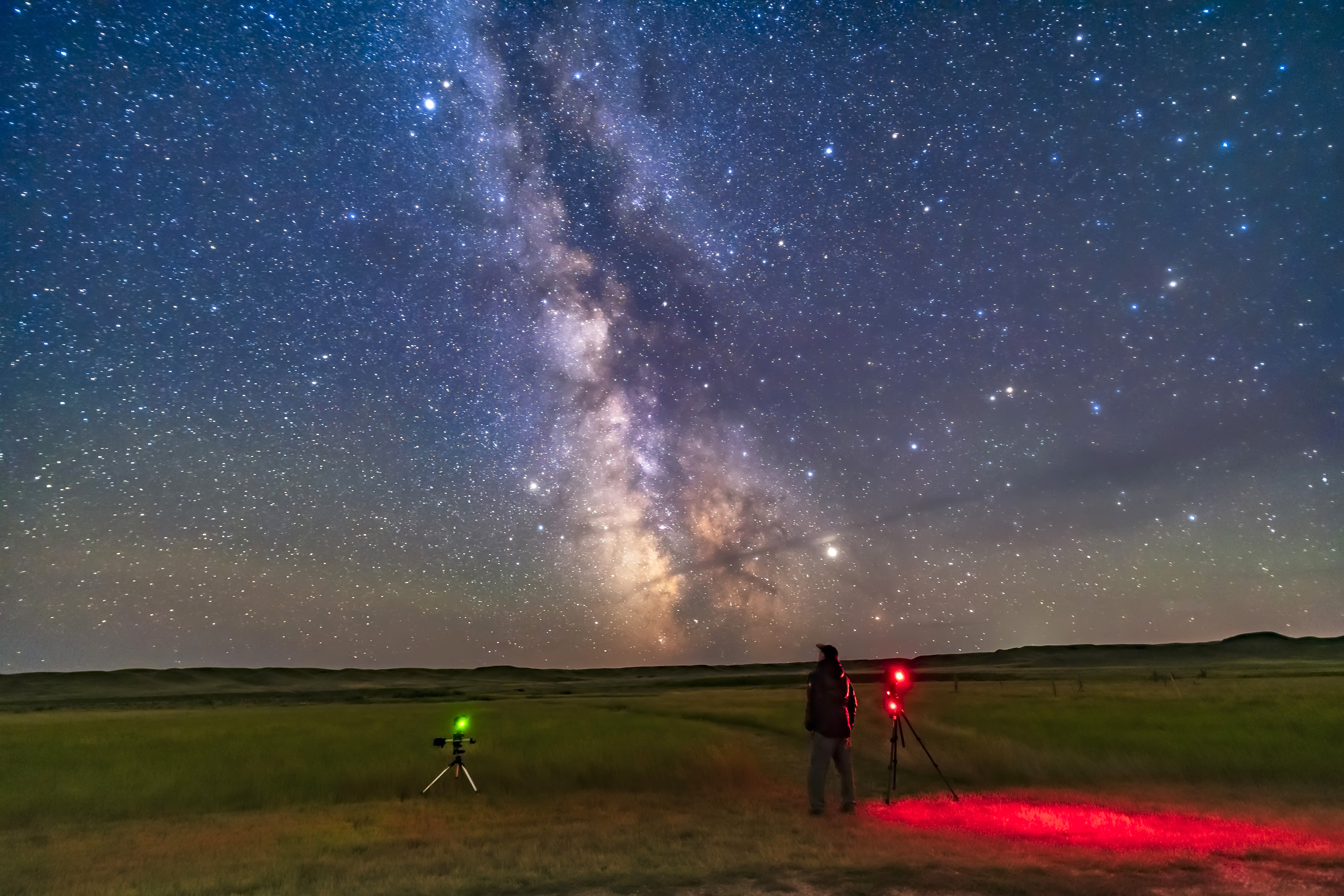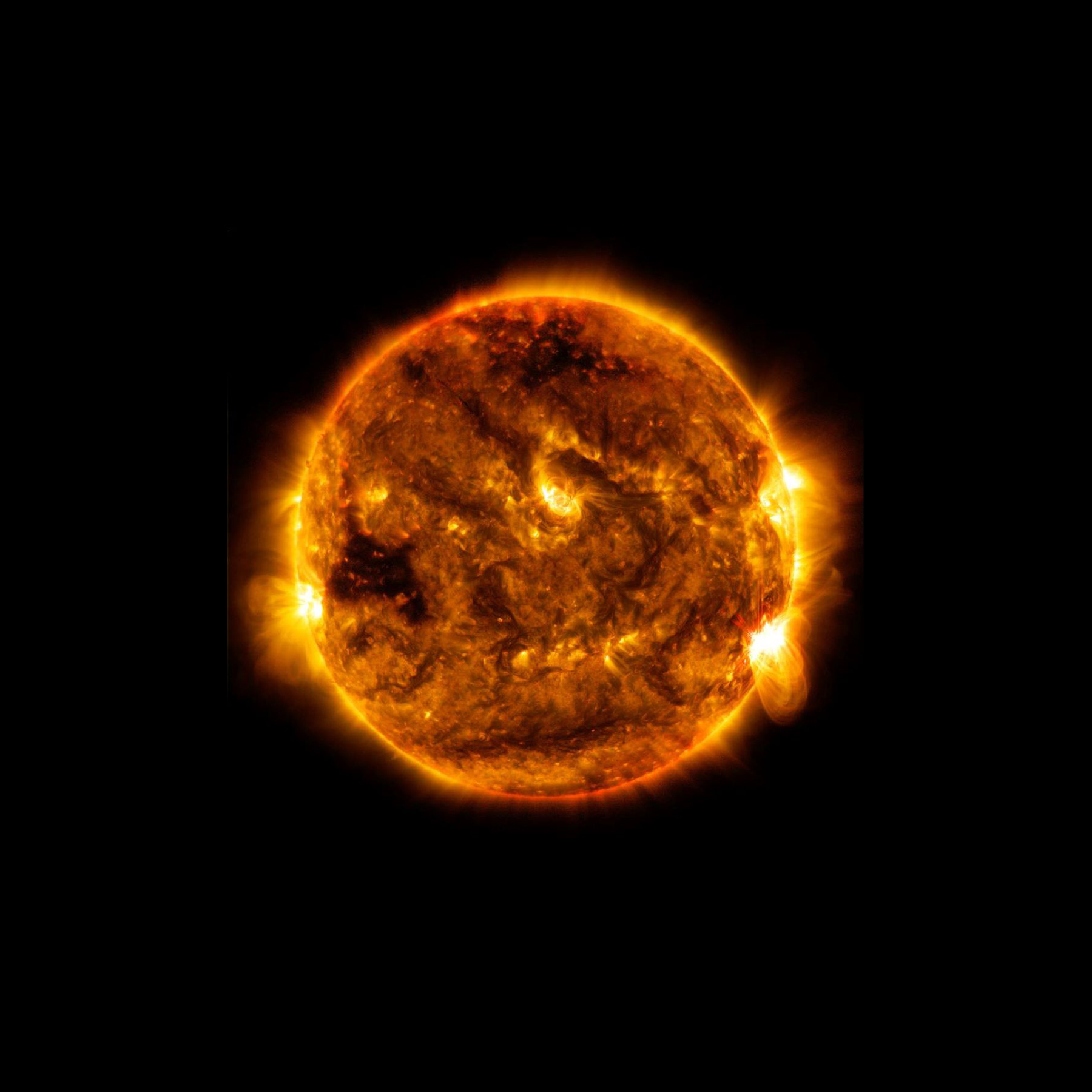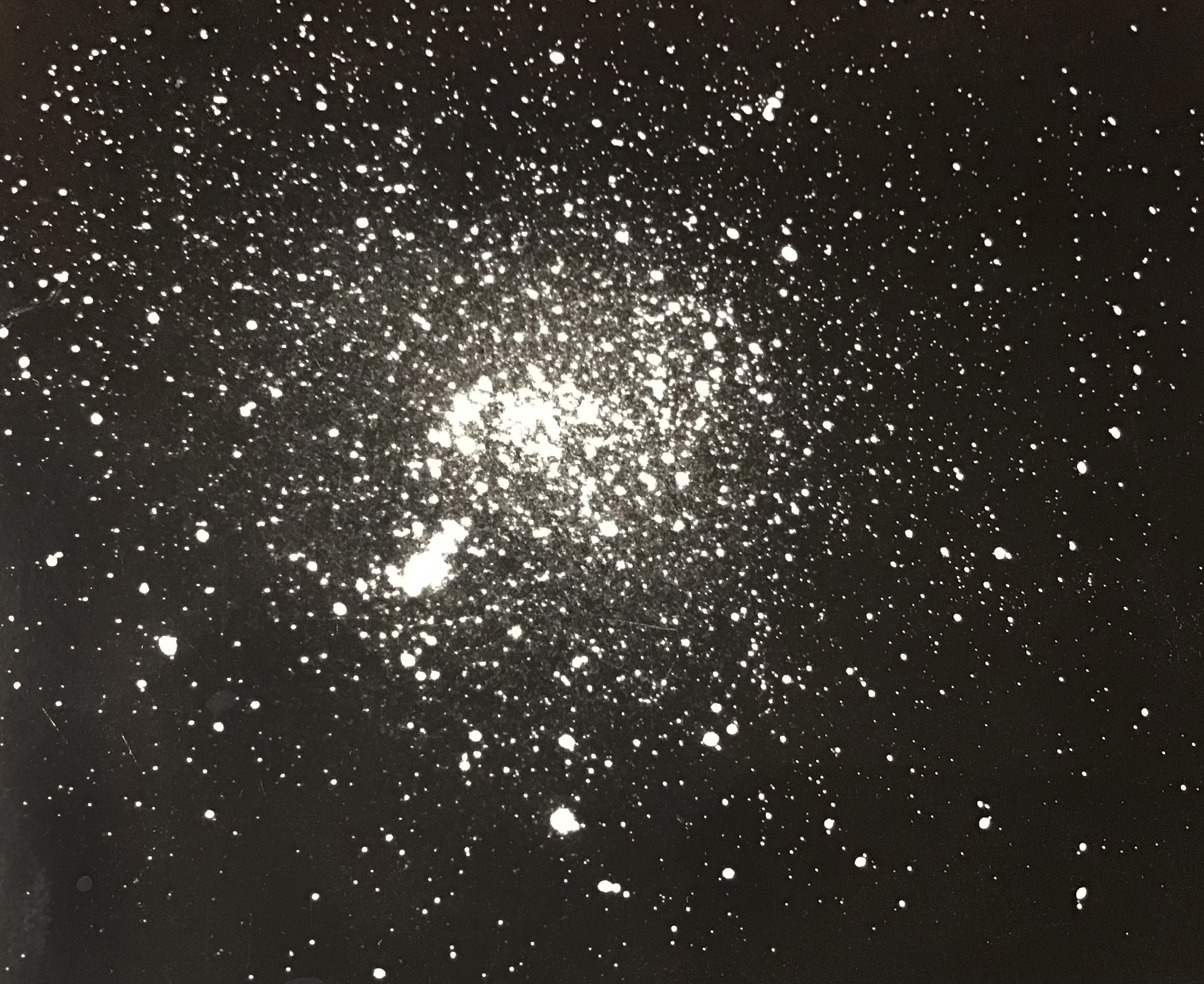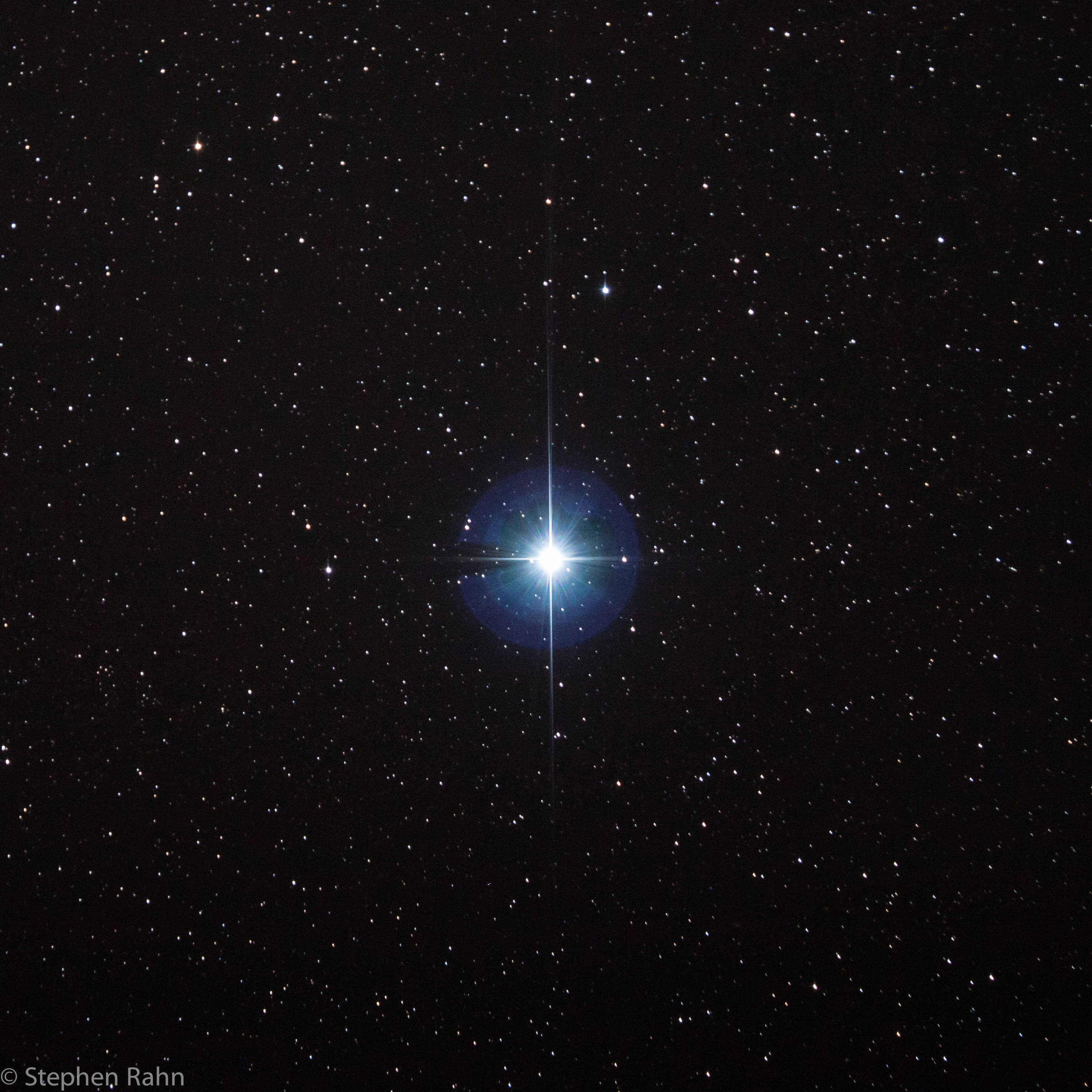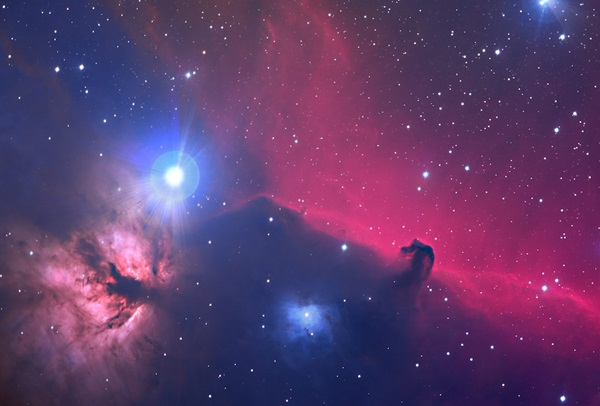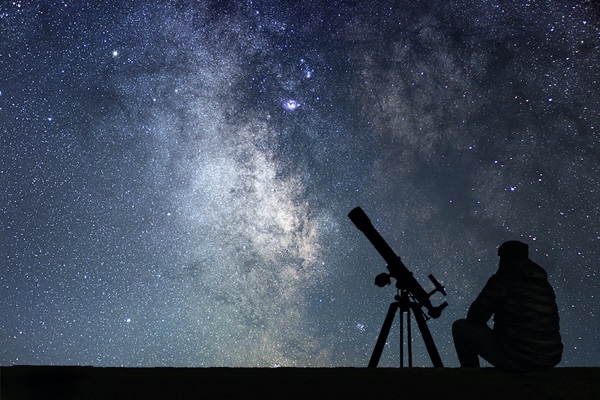Author: Bob Berman
Bob Berman says he’s always wanted to be Admiral of the Galaxy — and insists he would have made it, too, if Matt Quandt hadn’t bribed the commander of Sector IV. So, instead, his life goes like this:
Berman has written five books, translated into a heap of other languages like German and Mandarin. (“Ten minutes after you’ve finished reading that Chinese edition, you want to read it again.”)
Bob’s publishers were heavy hitters like Morrow, Harper, Times Books, and Holt; you can still get most of them from Amazon.com. He thinks the best are Secrets of the Night Sky (“If you can, get a first-edition hardcover with its cool color photos”) and Strange Universe. Also maybe Shooting for the Moon, from Lyons Press.
Berman has always loved astronomy. His very first memory is looking up out of a carriage into the night sky. He memorized every named star, distance, and spectral class when he was 12. No surprise Bob ended up teaching it (Marymount Manhattan College) and writing about it all these years.
Berman was Discover magazine’s monthly astronomy columnist from 1989 to 2006. He also has been the astronomy editor of the Old Farmer’s Almanac for some 20 years. All the science articles and the section telling you what to look for every night of the year — that’s from Berman, and he says you can trust it.
Bob taught the summer astronomy program at Yellowstone Park for the National Park Service and Yellowstone Institute for 13 years, mostly in the 1980s. He is doing it again next summer, too, so if you can get out there, they hold it under the incredible stars of the best part of that park, the amazing and isolated Lamar Valley.
Berman has been a guest on the Late Show with David Letterman, The Today Show, and The Early Show on CBS, among others. He has a weekly radio show on Northeast Public Radio, which broadcasts in eight states every Sunday morning at 9:35 — and has been running for more than 20 years.
Bob says his biggest thrills have been leading aurora and eclipse expeditions from the Antarctica to the Arctic. He has lived overseas for five years.
Favorite pastimes? Berman is a pilot and has a four-seater plane, the Cherokee 180. It’s an oldie from 1964, but he says he’ll love it forever. Bob is also a serious biker, with an 800-pound monster, a Royal Star Touring Classic. He loves that, too.
Berman lives in a quiet village — just 200 people — in the mountains of upstate New York, about 3 hours north of the Big City. Limiting magnitude is about 6.1. He says he’s grateful for a lot of things, but that’s probably at the top of the list. Even if he never became the Admiral.

